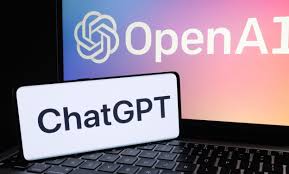Understanding the Landscape of Privacy Regulations
In today's digital age, ensuring privacy compliance is not just a legal obligation but also a cornerstone of customer trust. Regulations such as the General Data Protection Regulation (GDPR) in the EU and the California Consumer Privacy Act (CCPA) in the U.S. mandate strict guidelines on data handling. For instance, GDPR fines can escalate to 4% of annual global turnover or €20 million, whichever is higher, for non-compliance. Businesses must adapt to these regulations swiftly and efficiently.
Key Strategies for Implementing Robust Privacy Policies
Implementing robust privacy policies involves several critical steps. First, conducting comprehensive data audits helps identify what data you collect and how it's used. For example, a typical audit might reveal that your company stores data ranging from basic customer names and addresses to more sensitive information like payment details.
Secondly, transparency with users is crucial. Clearly communicating your data use policies can alleviate concerns and build stronger relationships. An effective way to demonstrate transparency is through easily accessible privacy policies that outline data usage comprehensively.

Leveraging Technology to Enhance Privacy Compliance
Technology plays a pivotal role in ensuring compliance. Tools like data encryption and secure access protocols ensure that customer data is protected against unauthorized access. Companies investing in advanced security technologies report up to a 70% reduction in data breaches, underscoring the importance of technological safeguards.
Training and Awareness: The Human Element
Despite advanced technologies, the human element cannot be overlooked. Regular training sessions for employees about the importance of data privacy and the specifics of compliance regulations are essential. These training programs often result in a noticeable decrease in data mishandling incidents. Companies that conduct bi-annual training sessions report fewer compliance issues compared to those with less frequent training schedules.
Empowering Your Business with Dan Chat GPT
Integrating AI tools can significantly bolster your compliance framework. Dan Chat GPT offers an example of how AI can be used to automate and enhance privacy compliance processes. This tool can help analyze large volumes of data to ensure they meet compliance standards without extensive manual oversight.
The Bottom Line: Staying Ahead in Privacy Compliance
Staying ahead in privacy compliance is an ongoing process that requires continuous attention and improvement. By combining regulatory knowledge with the right technology and training, businesses can not only meet the necessary legal requirements but also gain a competitive edge through enhanced customer trust. Keeping abreast of changes in privacy laws and adapting promptly will ensure that your business remains compliant and secure in an ever-evolving digital landscape.